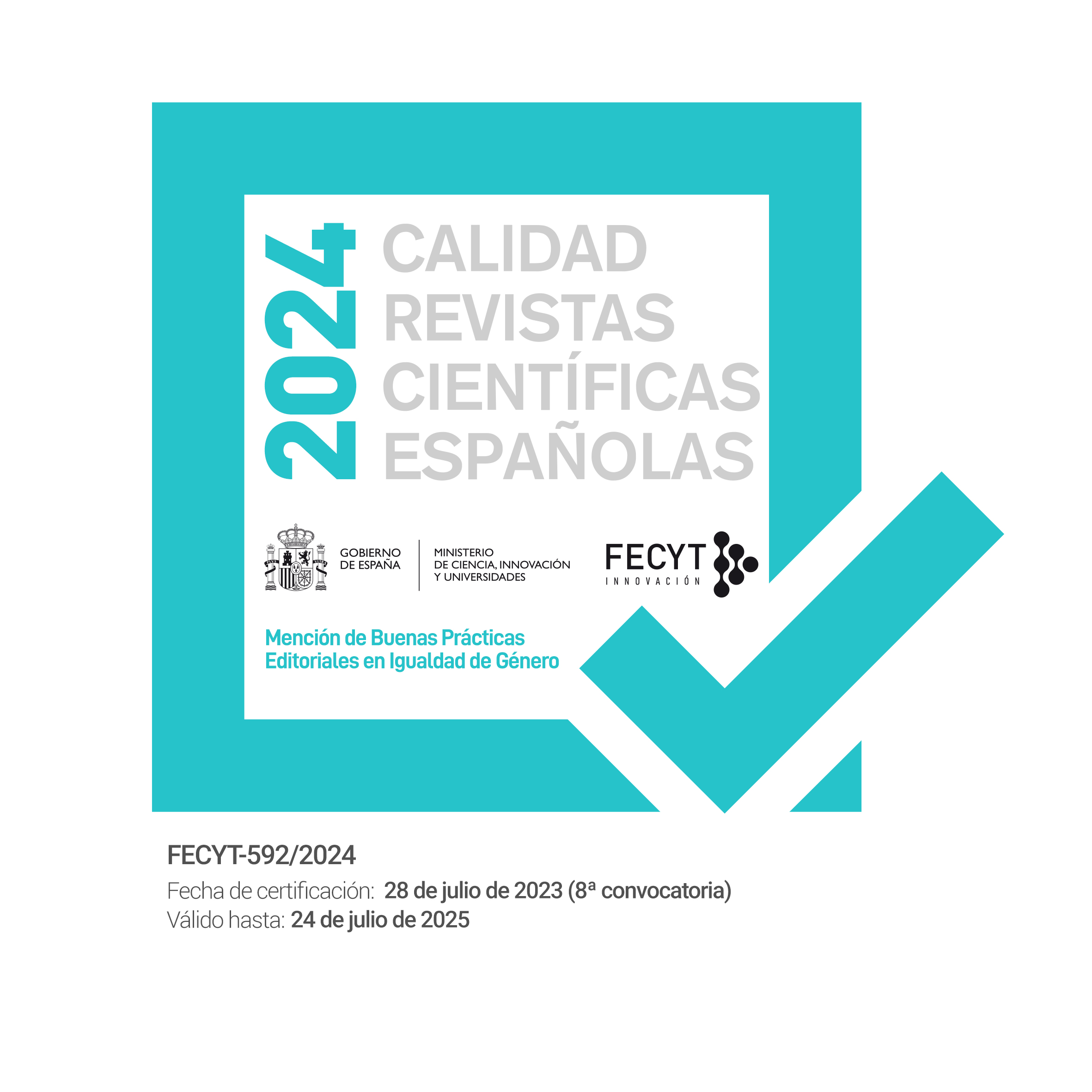The International Labour Organisation (ILO) as an actor of global governance: sufficiently involved to help overcome 1the latest financial and economic crisis?
Abstract
This article focuses on the analysis of the role of the International Labour Organization (ILO) in the current global governance, analysing its interaction with the main actors of governance and the involvement of the ILO itself as a current actor in global governance. It has taken into account for this writing both the historic role played by the ILO in the international institutional architecture since its creation in 1919 (today as a part of United Nations System), and the relevance it may have now seeking social justice in a global economy still governed by neoliberal principles. The question is whether social justice can be accommodated between these principles and if the main actors of global governance are really willing to strengthen the social dimension of globalization in times of crisis. The formal inclusion of some of the proposals of the ILO among those that seek to define the terms of post-crisis global governance (for example, the decent work strategy) cannot be overly optimistic even be considered a positive step.
Published online: 11 December 2017
Downloads
Deusto Journal of Human Rights / Revista Deusto de Derechos Humanos is an Open Access journal; which means that it is free for full and immediate access, reading, search, download, distribution, and reuse in any medium only for non-commercial purposes and in accordance with any applicable copyright legislation, without prior permission from the copyright holder (University of Deusto) or the author; provided the original work and publication source are properly cited (Issue number, year, pages and DOI if applicable) and any changes to the original are clearly indicated. Any other use of its content in any medium or format, now known or developed in the future, requires prior written permission of the copyright holder.



3.jpg)
3.jpg)
3.jpg)
.jpg)








